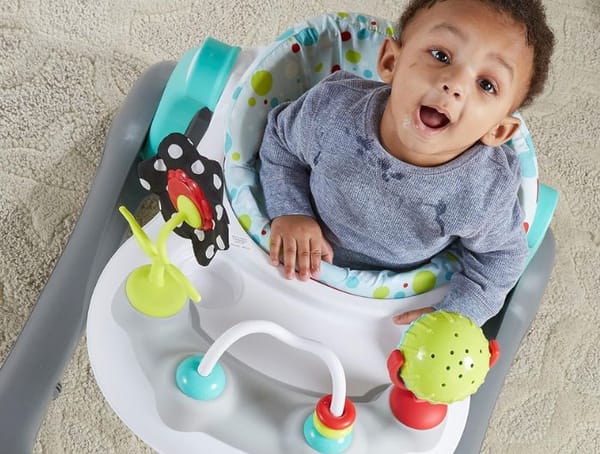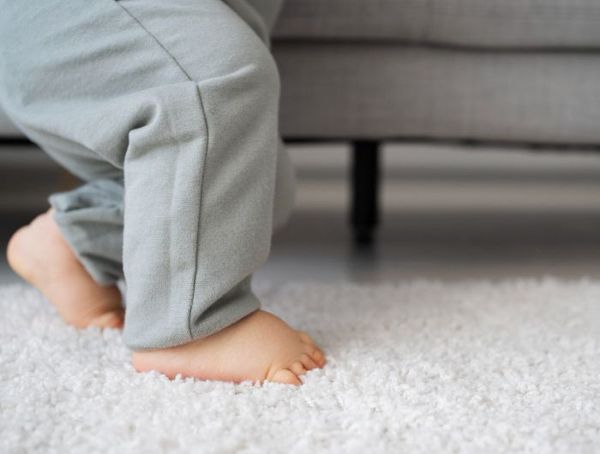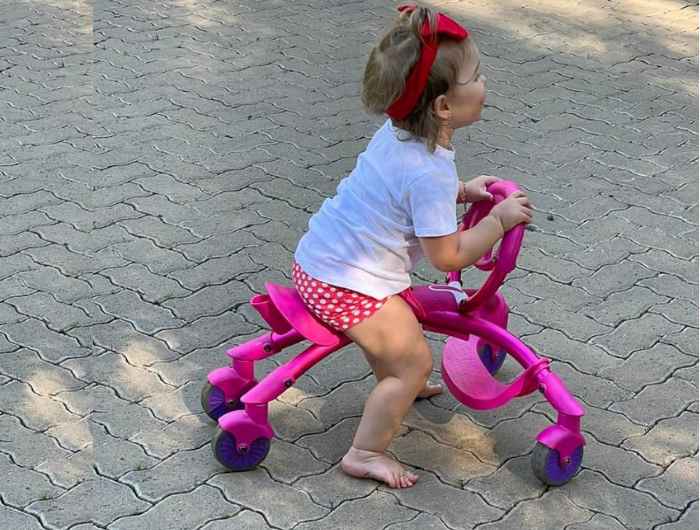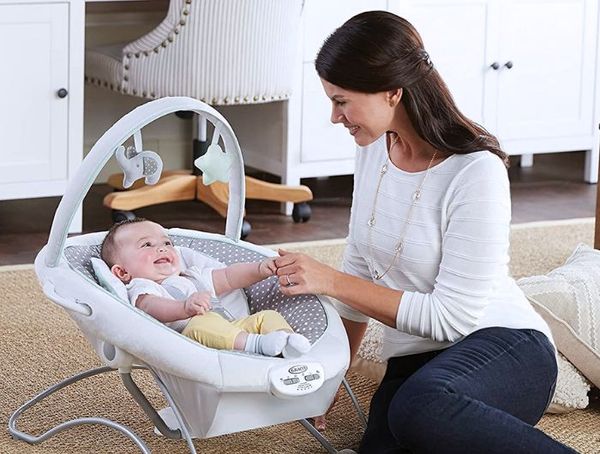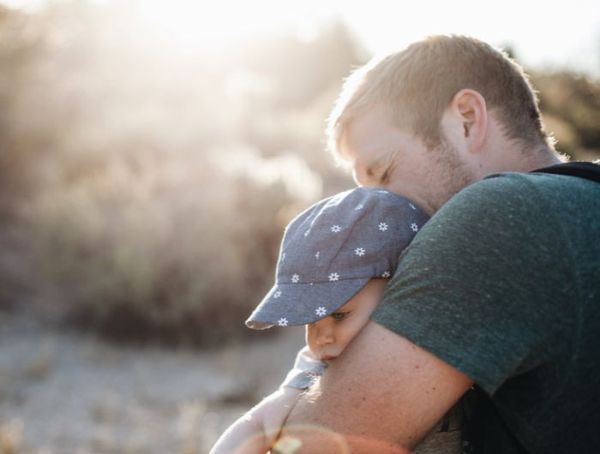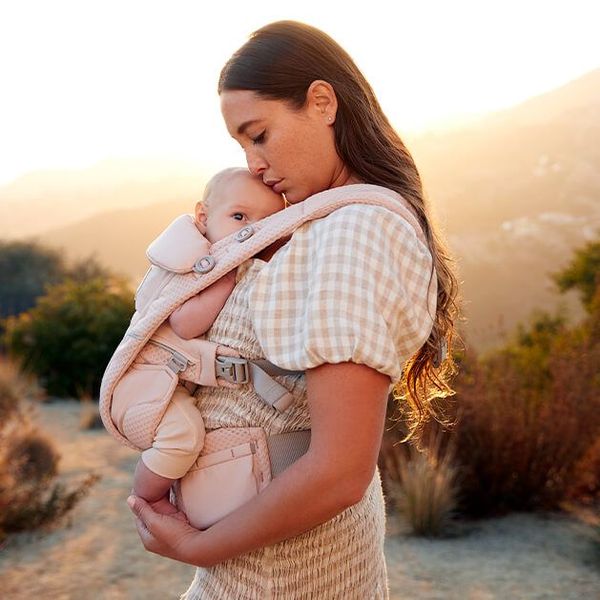Hey there, fellow moms and dads! Today, we're diving into the world of baby walkers. You've probably seen them around - those cute little contraptions with wheels that allow your baby to scoot around while they learn to walk. But are walkers good for babies, are baby walkers safe? Let's explore the benefits and drawbacks of baby walkers, and see if they're worth adding to your parenting arsenal.
Benefit Of Baby Walkers
Encourages Movement and Exploration
One of the most obvious benefits of using a baby walker is that it encourages your little one to move and explore their surroundings. Babies are naturally curious creatures, and a walker can provide them with a safe and fun way to satisfy that curiosity.
For instance, my friend's baby girl, Sophie, absolutely loved her walker. It allowed her to zip around the living room, exploring every nook and cranny. She'd giggle and coo as she discovered new textures and objects, all while building her strength and coordination.
Builds Leg Strength and Balance
Another benefit of baby walkers is that they help your baby develop leg strength and balance. As your little one starts to take their first steps, they'll need strong leg muscles and a good sense of balance to be successful.
By using a walker, your baby can practice standing upright and moving forward, which can help build those crucial muscles. My neighbor's son, Max, was a prime example of this. He used his walker every day and quickly developed the strength and balance needed to transition to walking on his own.
Enhances Fine and Gross Motor Skills
In addition to building leg strength, baby walkers can also help your little one develop their fine and gross motor skills. Many walkers come equipped with built-in toys and activities that encourage your baby to reach, grasp, and manipulate objects.
Take my nephew, for example. His baby walker had a little steering wheel and various buttons that made different sounds when pressed. He would spend hours practicing his hand-eye coordination by turning the wheel and pressing the buttons, all while developing his gross motor skills by moving around in the walker.
Boosts Confidence and Independence
As your baby starts to become more mobile and independent, a walker can give them a sense of confidence and autonomy. They'll quickly learn that they have control over their movements and can explore their environment at their own pace.
My niece, Emma, was a shy and cautious baby, but once she got into her baby walker, she transformed into a confident little explorer. Her parents were amazed at how much her self-assurance improved as she gained independence through her walker experience.
Provides a Safe Environment for Play
Safety is always a top concern for parents, and baby walkers can provide a secure and controlled environment for your little one. A good walker is designed to prevent tipping and keep your baby's fingers safe from getting caught in the wheels.
When my best friend's son, Liam, started using his walker, she was initially worried about him getting hurt. But after seeing how well-designed and secure the walker was, she felt much more comfortable letting him roam free.
Drawbacks Of Baby Walkers
Baby Walkers May Hinder Motor Development
One of the primary reasons parents choose baby walkers is to help their baby learn to walk. However, research has shown that walkers can actually delay motor development.
When your baby is in a walker, they're not engaging their muscles in the same way they would while crawling or cruising along furniture. Instead, they're relying on the walker to support their weight, which can lead to weaker leg muscles and a delay in walking independently.
For example, my friend's baby was using a walker for several months, and when it was time for her baby to start walking on her own, she struggled with balance and strength. It took longer for her baby to walk independently compared to her older sibling who didn't use a walker.
Increased Risk of Accidents
Another major concern with baby walkers is the potential for accidents. Walkers give babies increased mobility, allowing them to reach areas they wouldn't be able to access otherwise. This can lead to dangerous situations such as accessing electrical cords, pulling items off countertops, or even falling down stairs.
I remember hearing a story about a baby who managed to open a cabinet door while in a walker and pulled out a heavy pot, causing it to fall on top of him. Thankfully, he wasn't seriously injured, but it highlights the potential dangers of serious injuries that can come with using a baby walker. Most walker injuries happen when parents are close but can't reach in time to prevent the accident.
Hindered Cognitive Development
Walkers can also have a negative impact on your baby's cognitive development. When babies are in walkers, they're often more focused on moving around instead of exploring their environment with their hands. This can lead to less time spent engaging with toys, practicing fine motor skills, and problem-solving.
A friend of mine noticed that her baby was becoming less interested in playing with toys and solving simple puzzles when she started using a walker. Once she removed the walker from her baby's routine, her interest in these activities returned, and she began to make progress in her cognitive development again.
What Are The Alternatives to Baby Walkers?
Now that we've discussed the drawbacks of baby walkers, you might be wondering what alternatives are available to help your little one explore and develop their motor skills. Here are some options:
Stationary Activity Centers
These provide a safe space for your baby to play and explore while still working on their leg muscles and balance.
Push Toys
A push walker are a great way for your baby to practice walking while still having the support they need. Plus, they encourage more natural walking movements compared to a walker.
Crawling and Cruising
Encouraging your baby to crawl and cruise along furniture is an excellent way to help them develop their muscles and coordination naturally.
So, Are Walkers Good For Babies?
There's no denying that baby walkers have their benefits. They encourage movement and exploration, build leg strength and balance, enhance fine and gross motor skills, boost confidence and independence, and provide a safe environment for play.
However, it's important to remember that every baby is different, and what works for one might not work for another. Before introducing a walker to your little one, talk to your pediatrician and make sure it's the right choice for your baby's unique needs.
While using an infant walker, it's important to ensure your baby sits properly in the baby seat so they can't grab dangerous objects. If you do decide to give a baby walker a try, make sure to follow safety guidelines, such as never leaving your baby unattended in the walker and ensuring that your home is baby-proofed to prevent accidents.
Thank you for reading Mother Bear Reviews, your favorite parenting blog!



